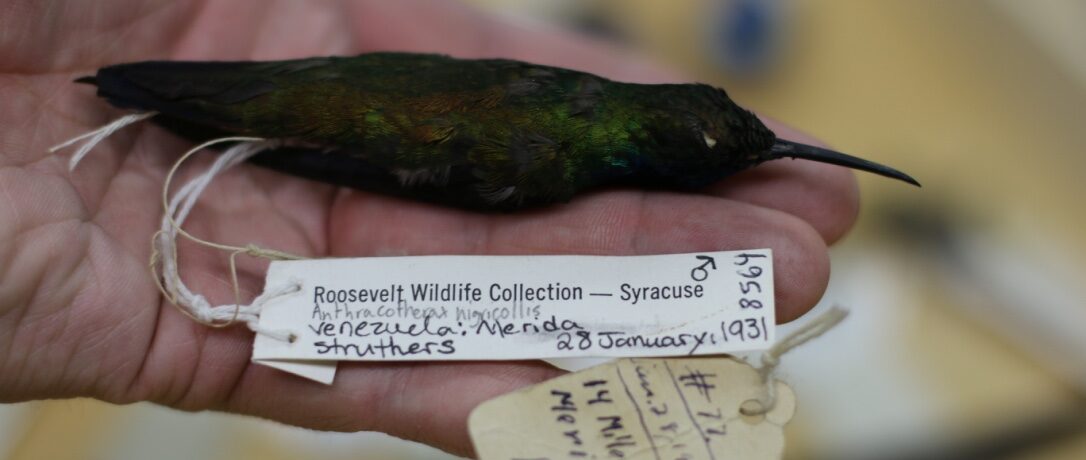On March 31, 2020, the NSC Alliance joined with the American Institute of Biological Sciences and Society for the Preservation of Natural History Collections to remind federal science policy officials that biological collections can be used to better understand important societal problems, such as zoonoses like SARS-CoV-2. The groups highlighted the Extended Specimen Network (ESN) as a research and education initiative poised to help inform solutions to complex societal health, food, and environmental problems. The ESN is a community-informed initiative developed by the Biodiversity Collections Network that would leverage and build on the nation’s commitment to digitize biological specimens and their associated data. The groups called for a ten-year investment of $1 billion to support continued digitization, particularly of economically significant entomological collections, biodiversity surveys, additional biodiversity-enabled research, development of new cyberinfrastructure and tools, and investments in science education.
Read the letter to OSTP and NSF.

